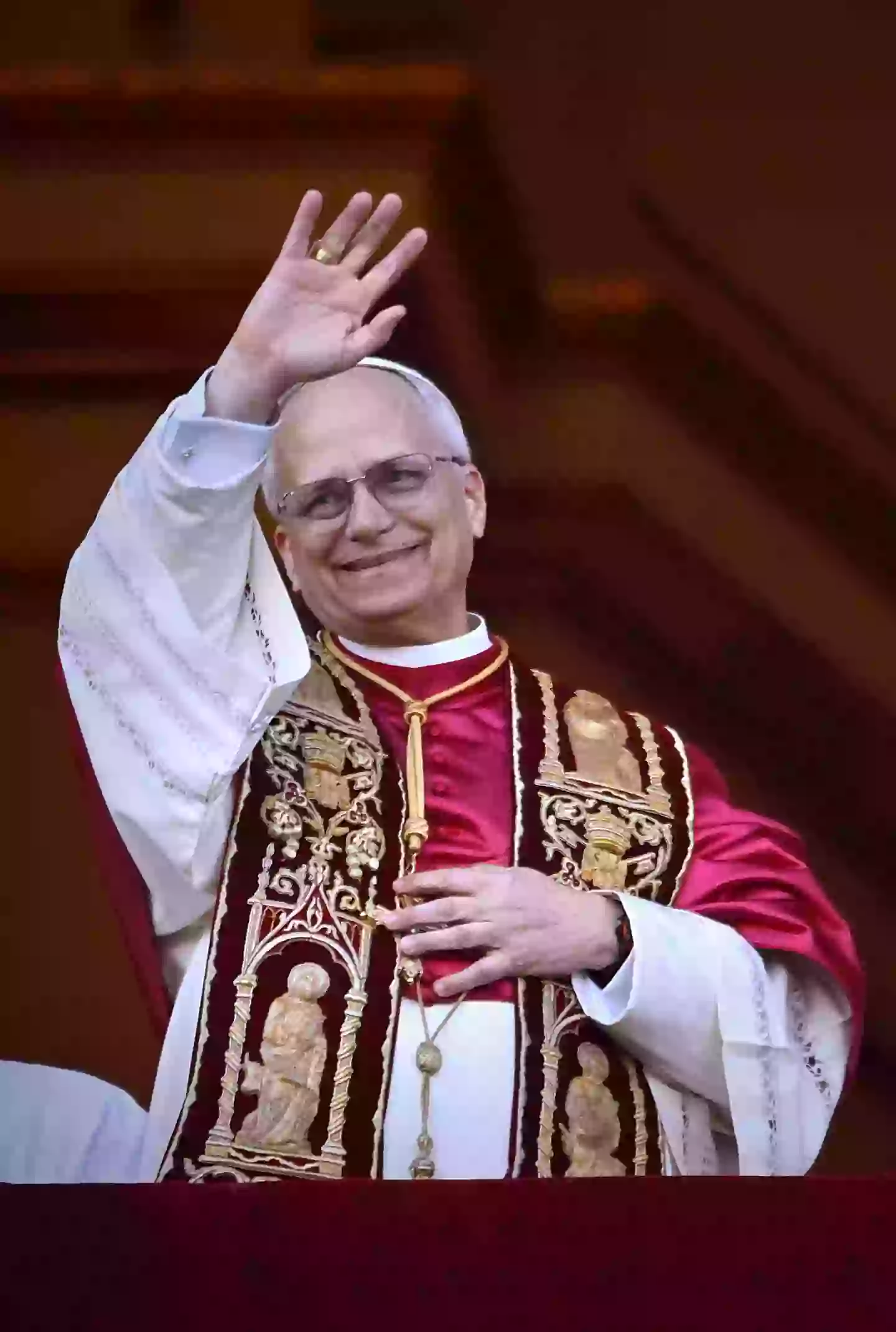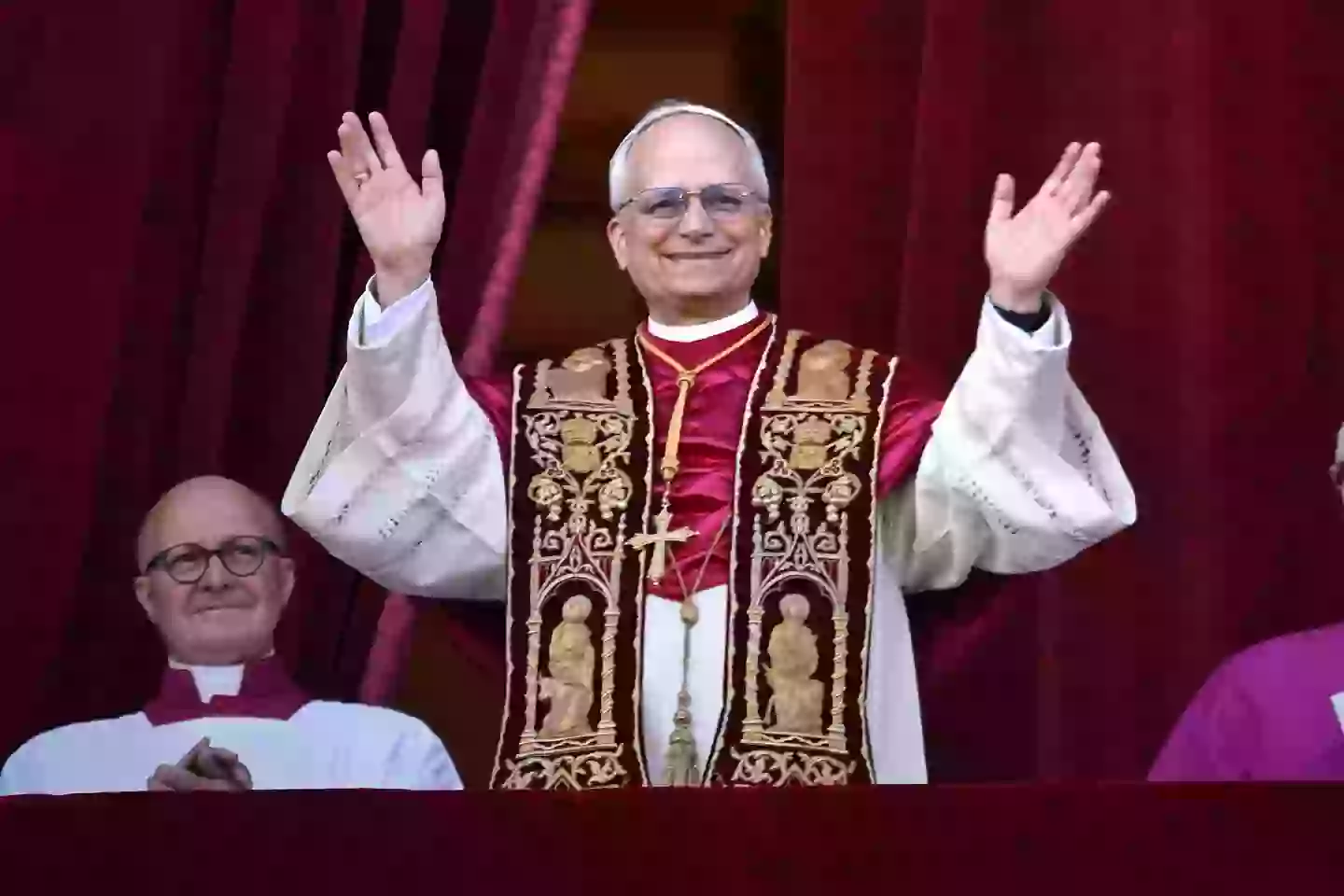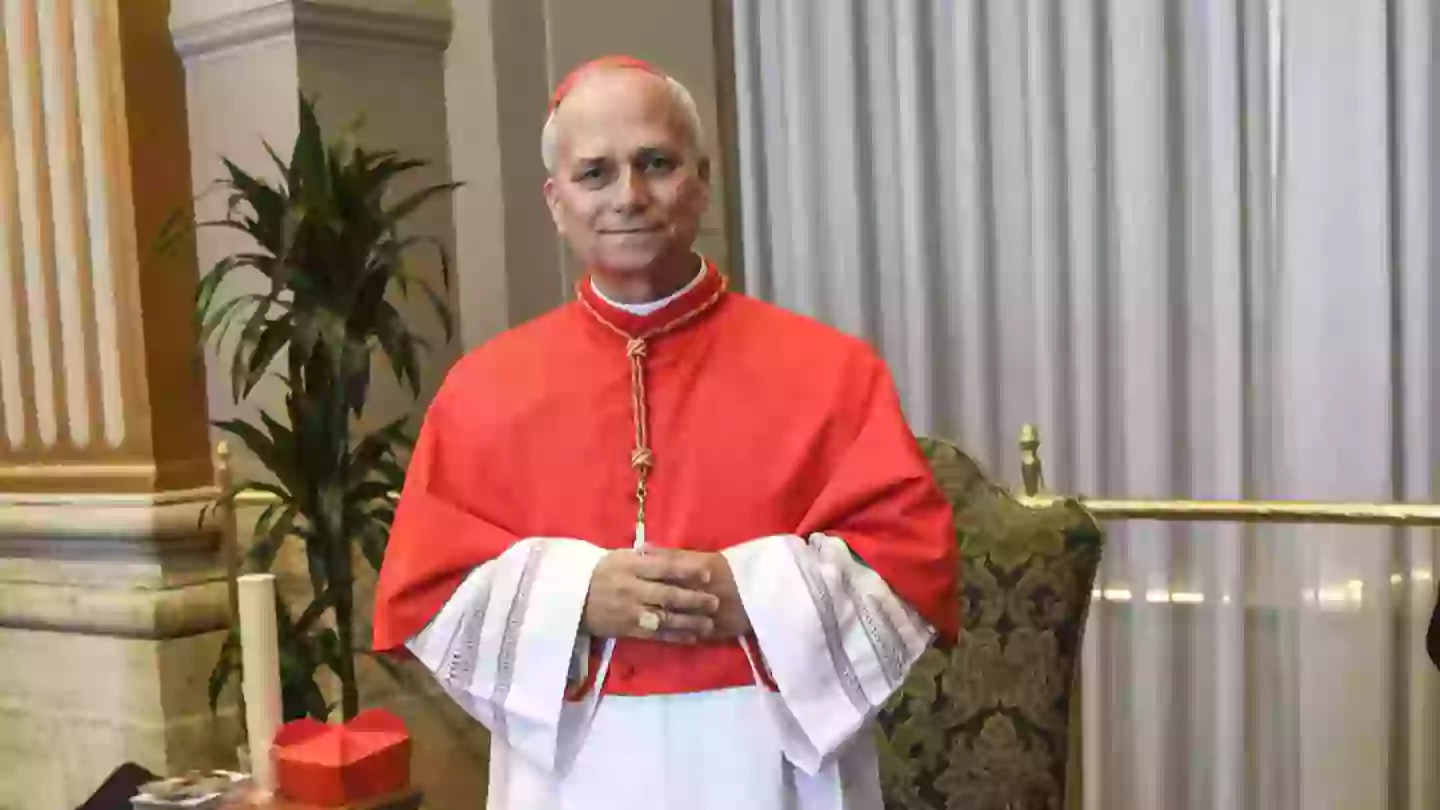Robert Prevost underwent a significant transformation when he was appointed as the new leader of the Catholic Church, adopting a new name in the process. This tradition of changing names has prompted curiosity about why popes adhere to it and how they choose their papal names.
The announcement of American Robert Prevost as the successor to the late Pope Francis on May 8 brought attention to this tradition. Unlike what some might expect, he did not become Pope Prevost or Pope Robert but instead selected the name Pope Leo XIV.
This revelation led many to realize they were unaware of Pope Francis’s original name, Jorge Mario Bergoglio, raising questions about the reasons behind the name change tradition for those assuming the papal position.

Though not a requirement, changing names upon becoming pope has been a longstanding tradition, observed by every pope over the past 470 years. It often involves choosing a name of a previous pope as a way to honor them and express a commitment to following their legacy.
This practice dates back to the first pope, St Peter, originally named Simon. The most recent pope named Leo was Leo XIII, who served from 1878 to 1903 and was born Gioacchino Vincenzo Raffaele Luigi Pecci.
The act of adopting a new name symbolizes a form of rebirth as they embrace their new role.
Although Pope Leo XIV has yet to publicly explain his choice, there is speculation about the reasons behind it.

The Director of the Holy See highlighted that Pope Leo XIII is remembered for his encyclical ‘Rerum Novarum’, meaning ‘Of New Things,’ which is considered foundational to the Church’s modern social doctrine.
Dr. Gonzalo Velasco Berenguer, a lecturer at the University of Bristol, commented on the new pope’s choice of name, stating, “I think one of the most interesting things about the election of the new Pope is his choice of name.
“At first glance, it might not seem the most original choice, but it could be a symbol from the new Pope to continue the work of Francis.”
Professor Brandon Gallaher from the University of Exeter supported this view, suggesting that Pope Leo XIV will carry forward Francis’s legacy.
He remarked, “The new Pope Leo XIV is a continuity candidate to institutionalize Francis’s legacy in terms of linking it to the tradition of Catholic social teaching. Leo XIV shares with Francis the desire to put the peripheries in the center and care for migrants and those who are marginalized.
“He will be a Francis-like pontiff without the intense charisma of the late pope and with a better ability to unite the Catholic factions and greater attention to the canonical details of his decisions and likely greater discipline in terms of public statements.”

